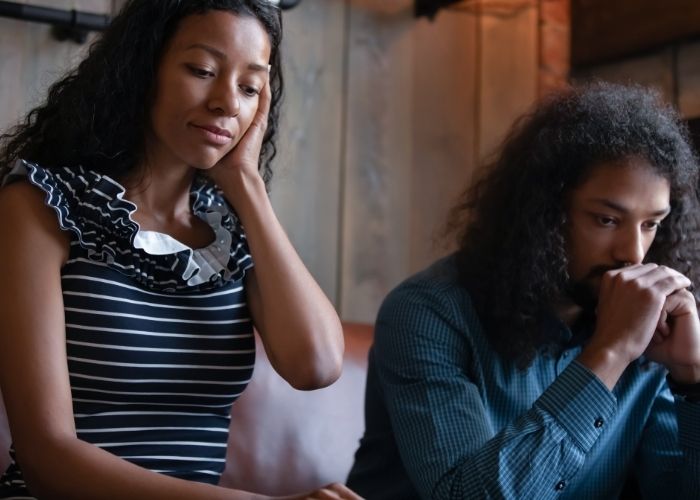MADRID – A large part of the inhabitants in Spain who apply for a Minimum Vital Income (MVI) are not granted this. Not because the income would be too high, but because other conditions are set that many families do not meet.
The MVI was introduced in Spain in June 2020 to fight extreme poverty and prevent social and societal exclusion. Of the €2.7 billion budget released for 2021, an amount of €1.3 billion has not yet been paid out. A calculated 2.3 million people could use the MVI, however, only 800,000 have actually been able to do so.
According to the Spanish NGO Caritas, only one in five households living in poverty has managed to obtain an MVI. However, a lot of bureaucracy and conditions stand in the way before being awarded the MVI. One of those conditions is that all family members must be registered with the same municipality.
Personal situation may deviate from the standard
For Ángela García, the above example meant she was left out of this government support. With her husband and three children, she had to get by on less than 200 euros a month. On that basis, she would have been eligible for the MVI. But not all family members were registered in her current residence in the province of Toledo.
The family lived in a social rental house in Vallecas and paid €50 euros per month for it. However, the Madrid regional council sold this house to vulture fund Encasa Cibeles. They then increased the rent to €400 per month. Ángela earned €600 euros a month as a street sweeper and therefore, could not afford the new rent. Furthermore, her husband had no income due to a serious illness. Moreover, the new owner threatened to evict the family but offered to cancel the rent arrears if they left immediately.
The family was able to live in a relative´s home in the village of El Casar de Escalona. Ángela had since lost her job and the three children aged 8, 13, and 15 went to the local school in Escalona. To do this, however, they had to be registered in the local population register. They also registered her husband to receive a subsidy of €200 per month. Ángela herself wanted to remain registered in Vallecas because she wanted to continue her claim for social housing she had lost and is attempting to get back through a lawyer. When she submitted the forms for an MVI, the family was rejected because not all family members were registered in the same municipality.
Little chance of finding work
The pressure increased further when the family member who owns the current home indicated that he wanted to use it again himself. A social worker suggested the police come to see for themselves that the family live together in the same house. And that they live on €200 a month. Now they have to wait for a decision from the government whether they will pay out the MVI. For Ángela, that would mean she has not €200, but between €600 and €800 per month to spend. Currently, the family receives clothing from the Red Cross and the municipality pays for the school supplies for the children. Ángela knows all too well that the chance of finding work in the village is small, but there is simply no other option.
There are many other examples of families whose school-age children are registered in a different municipality than one of the parents. Think of mothers who flee domestic violence with their children, who can stay with family temporarily, and who send the children to their own school in the old municipality. Almost 10% of all rejections have to do with this rule of registration in the same municipality.
Another reason why many families were left out is that the 2020 applications had to state income from 2019, when there was no pandemic and economic crisis yet. The crisis has hit hardest among the vulnerable people.
Ministry of Social Security takes action
Sources around the Ministry of Social Security have indicated they have now reversed this rule. And that from now on they will start from the current income. Because many families did not apply for the MVI due to insufficient information about this government support, the ministry is starting a special program to trace these vulnerable families.


